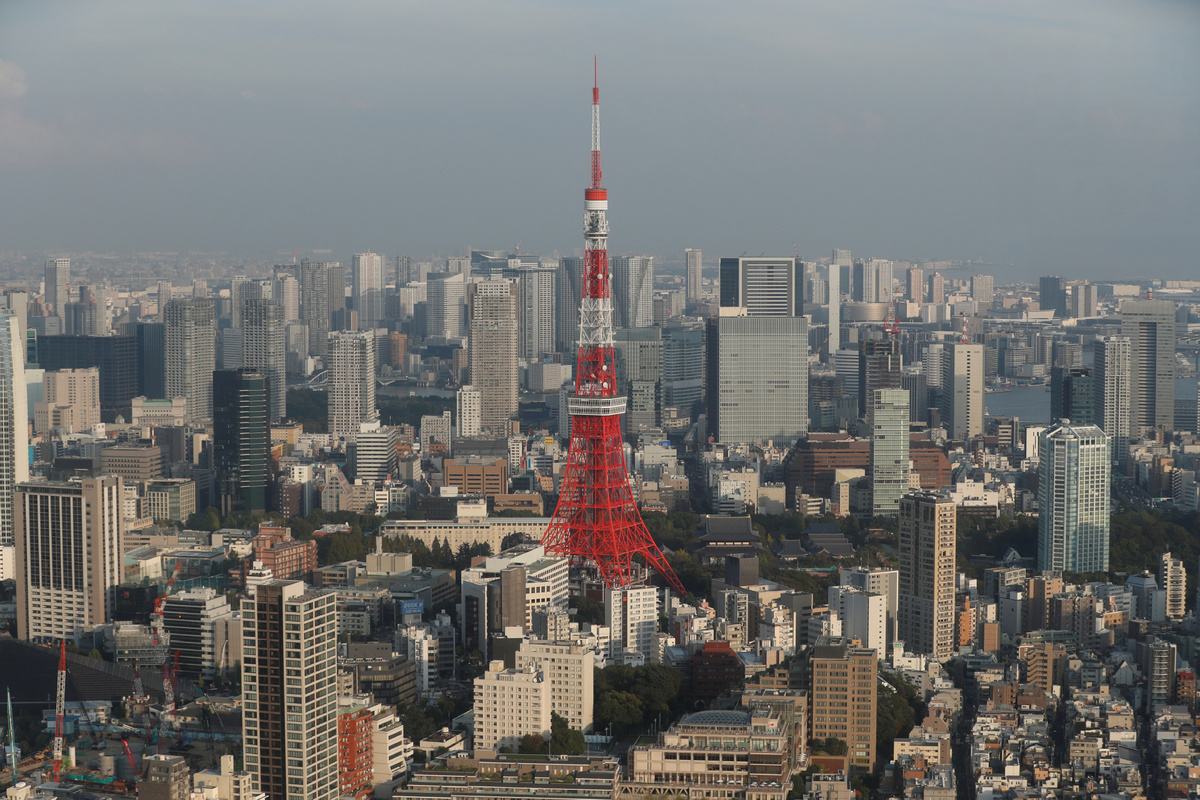Record drop in births sees Japan's population shrink by 500,000
By WANG XU | China Daily | Updated: 2019-12-27 09:54

Falling populations of both married couples and women of childbearing age, combined with a rising unmarried rate among young people, have pushed Japan's declining birthrate to its lowest level on record. The result: the total Japanese population dropped by more than 500,000 in 2019 as deaths outnumbered births.
Japan's Ministry of Health, Labor and Welfare announced on Tuesday that the number of babies born in 2019 fell by an estimated 5.9 percent this year, to 864,000. That is the first time the number dipped below 900,000 since data-tracking began some 120 years ago.
Combined with deaths reaching a postwar high of 1.38 million, Japan suffered the largest-ever natural population decline of 512,000 in 2019.
"A number of reasons could be listed to explain the decline, while the most obvious one will probably be Japan's shrinking female population in their prime childbearing years-that is, women aged from 25 to 39 years old," said Liu Qingbin, a professor at the Institute of Advanced Sciences at Yokohama National University.
Data from the county's internal affairs ministry showed that there were 9,690,000 women between the ages of 25 and 39 in Japan as of July 2019; that was 210,000 fewer than in July 2018.
Other causes of the overall decline are the decreasing number of married couples and rising unmarried rate among young people, Liu said.
According to a report release by Japan's National Institute of Population and Social Security Research, the number of couples who married in 2019 dropped to a postwar low of 583,000, 3,000 fewer than in 2018. Meanwhile, the number of couples who divorced rose by about 2,000 to 210,000.

To tackle the issue, the Japanese government has been trying to increase its birthrate for years, including introducing laws to balance work and parenting, encouraging men to assume more childcare duties and offering free day care programs.
However, the efforts and hopes for a youthful boost to offset a rapidly aging population have not worked so far.
The country's total fertility rate, an index that measures the average number of children a woman has in her lifetime, dropped to 1.42 in 2018, while the necessary number to keep a population from shrinking is widely considered to be around 2.
"As long as the population of young people is declining, any measures taken by the government to counter the declining childbirth issue will not yield any dramatic effects," Akihiko Matsutani, an emeritus professor at Japan's National Graduate Institute for Policy Studies, was quoted by the Nikkei newspaper as saying.
The country must "shift to a society and economy based on the premise that the population will decline," he said.
























